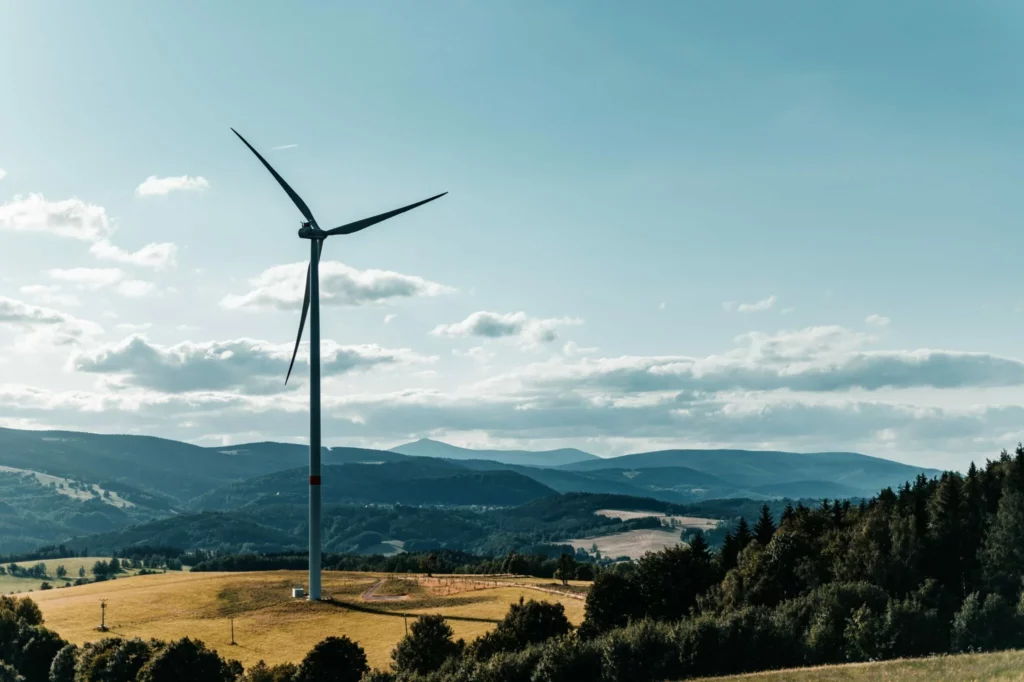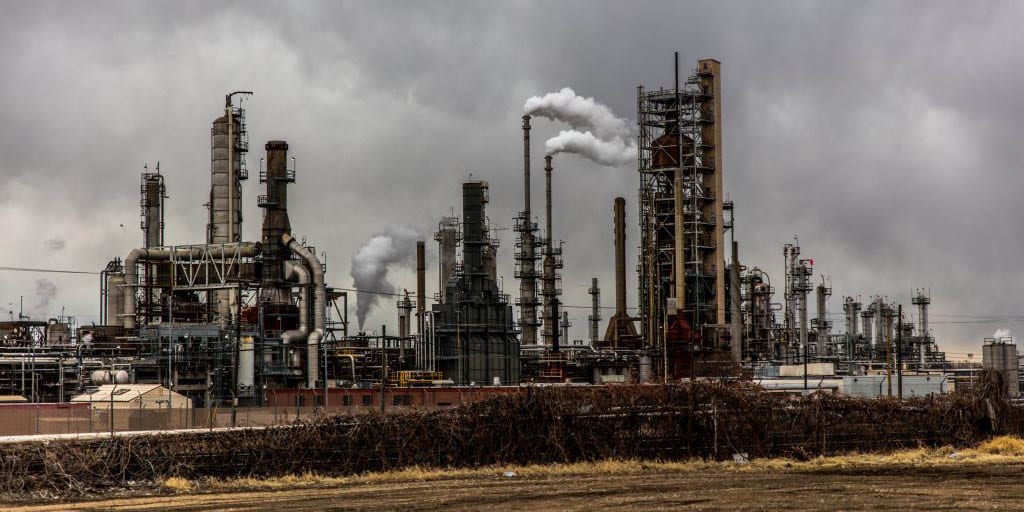Energy
News

How Asia Can Unlock $800 Billion of Climate Financing (IMF)
A new blog published by the IMF highlights how governments, central banks, financial supervisors, and multilateral institutions could attract large amonts of private capital if they were to adopt a

Introducing the UNEP-University of Oxford Sustainable Budgeting Approach
The jointly develped UNEP-University of Oxford Sustainable Budgeting Approach (SBA) is a decision-support tool designed to help policymakers identify and resource strategic policy opportunities that promote national economic development while

Climate Goals and Debt: A Fiscal Balancing Act (IMF Podcast)
Global warming is wreaking havoc on so many levels, but climate action is costly and presents policymakers with difficult tradeoffs. High debt, rising interest rates, and weaker growth prospects make
Reports

Detox Development: Repurposing Environmentally Harmful Subsidies (WB)
A new World Bank report examines how subsidy reform can help safeguard the world’s foundational natural assets – clean air, land, and oceans. These assets are critical for human health

Sustainable Recovery Tracker (IEA)
The new IEA Sustainable Recovery Tracker measures global recovery plans against this target level of spending by monitoring energy-related policies and government spending on clean energy measures by country and by sector in the wake of the pandemic.

Update on Recent Progress in Reform of Inefficient Fossil-Fuel Subsidies that Encourage Wasteful Consumption 2021 (OECD, IEA)
This report informs on latest trends in 2020 data on support for fossil fuels and offers good practices and lessons learned emerging from country experiences, as reflected in the growing body of G20 peer reviews.
Policy Briefs

Fiscal policies for a low-carbon economy
Research on climate economics finds that green bonds can accelerate a low-carbon transition, may have a positive impact on aggregate output and employment, help to advance renewable energy technology, address better the issue of fair transition, and be a stabilizing force on the financial market compared to conventional, in particular fossil fuel-based, assets.

Carbon taxation and inflation: Evidence from Europe and Canada
Model-based studies on the effect of carbon taxation point to sizeable inflationary effects. This column uses evidence from Canada and Europe over the past three decades to show that carbon taxes changed relative prices but did not increase the overall price level. Instead, they were slightly deflationary. Income compression was most pronounced among the richest households, suggesting that the redistribution scheme achieved its intended aim of favouring low-income households.

Leveraging fiscal stimulus to improve energy transition: Case of South Korea and Indonesia
Strict lockdowns across the globe in response to the COVID-19 crisis have led to severe economic consequences. Compared to 2019, the global GDP in 2020 fell by 4.3 %, the



